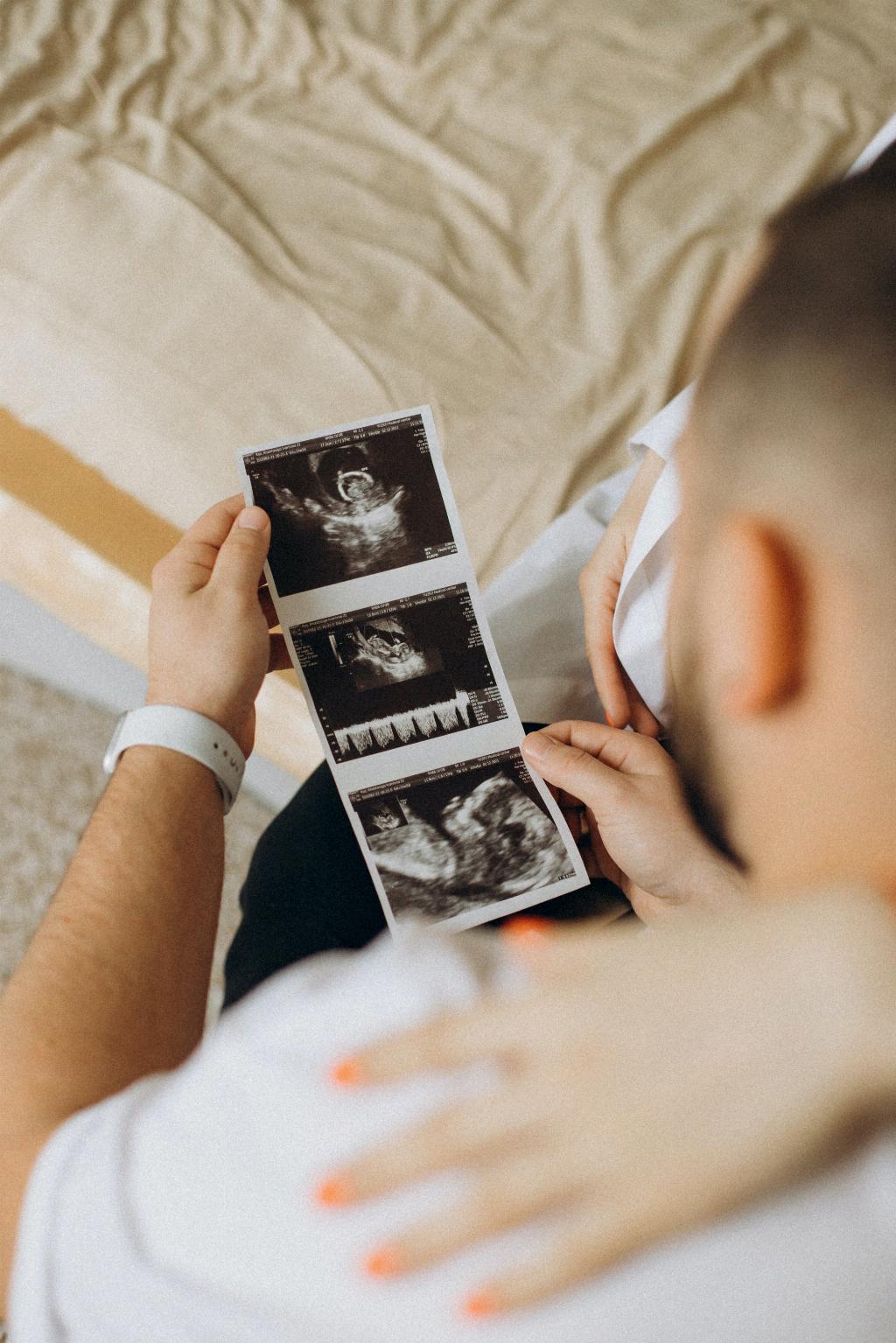When it comes to the early detection of ectopic pregnancy, a crucial question often asked is, “Can you tell if a pregnancy is ectopic at 6 weeks?” The answer to this question is not always straightforward, as there are various factors to consider.
Symptoms of Ectopic Pregnancy
At around 6 weeks of pregnancy, symptoms of an ectopic pregnancy may start to manifest. These symptoms typically include pain in the lower abdomen, vaginal bleeding, and even pain in the shoulder. These signs can be concerning and warrant immediate medical attention.
Challenges in Early Detection
Diagnosing an ectopic pregnancy at such an early stage can be challenging. The symptoms of an ectopic pregnancy can mimic those of a typical intrauterine pregnancy, making it difficult to differentiate between the two without proper medical evaluation.
Medical Evaluation
If there is a suspicion of an ectopic pregnancy at 6 weeks, a healthcare provider may recommend various tests, such as transvaginal ultrasound and blood tests to measure hormone levels. These diagnostic tools can help confirm the location of the pregnancy.
Risks of Ectopic Pregnancy
An ectopic pregnancy can pose serious risks to the mother, including internal bleeding and organ damage if left untreated. Early detection and prompt medical intervention are crucial in preventing complications and ensuring the well-being of the mother.
Treatment Options
Once an ectopic pregnancy is diagnosed, treatment options may vary depending on the individual’s condition. In some cases, medication or surgery may be necessary to address the situation and prevent further complications.
Importance of Seeking Medical Advice
It is essential for individuals experiencing symptoms of an ectopic pregnancy, especially at 6 weeks of gestation, to seek immediate medical advice. Early detection and proper management can significantly impact the outcome and reduce potential risks.
Emotional Impact
Dealing with the diagnosis of an ectopic pregnancy can be emotionally challenging for individuals and their families. It is important to seek support from healthcare professionals and loved ones during this difficult time.
Future Fertility Concerns
Individuals who have experienced an ectopic pregnancy may have concerns about their future fertility. While an ectopic pregnancy can affect fertility, early detection and appropriate treatment can help mitigate potential complications.
Support Networks
Joining support networks and seeking counseling can help individuals cope with the emotional aftermath of an ectopic pregnancy. Connecting with others who have gone through similar experiences can provide comfort and understanding.
Follow-Up Care
After undergoing treatment for an ectopic pregnancy, regular follow-up care with a healthcare provider is essential to monitor recovery and address any lingering concerns. Open communication with healthcare professionals is key to ensuring comprehensive care.
Conclusion
In conclusion, detecting an ectopic pregnancy at 6 weeks can be challenging due to overlapping symptoms with intrauterine pregnancies. However, prompt medical evaluation and intervention are crucial in addressing the situation effectively and minimizing risks. Seeking medical advice and support during this time is vital for ensuring the well-being of both the individual and potential future pregnancies.

